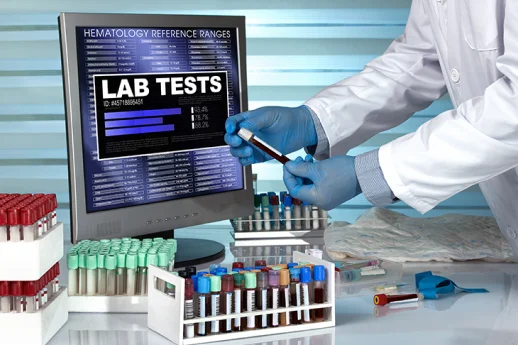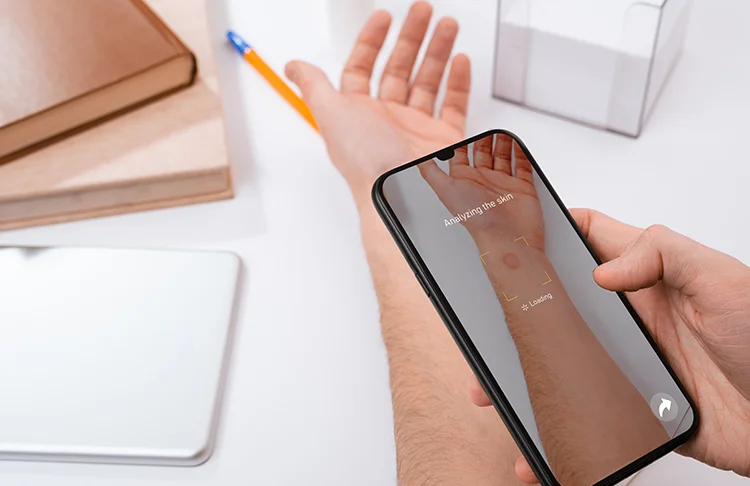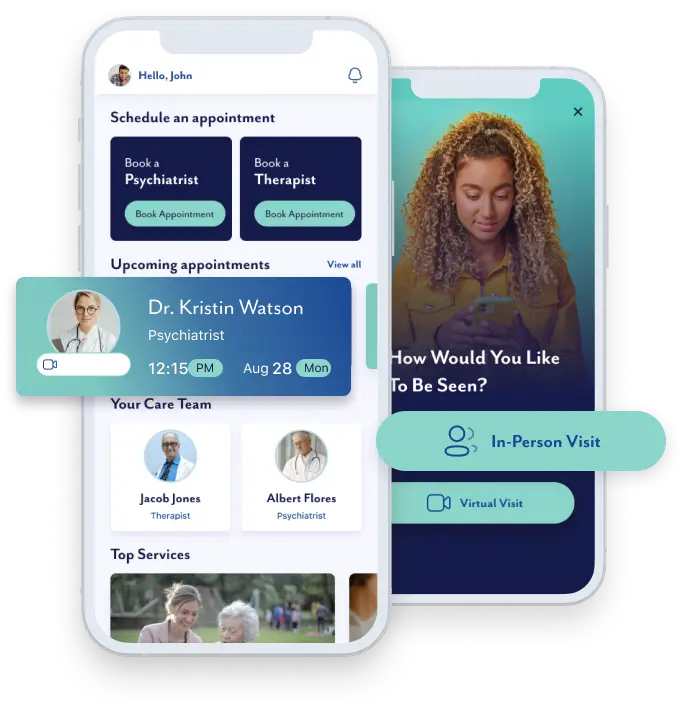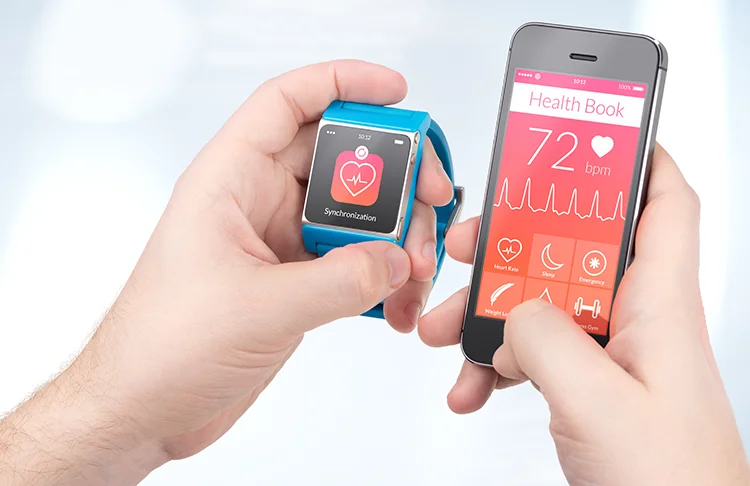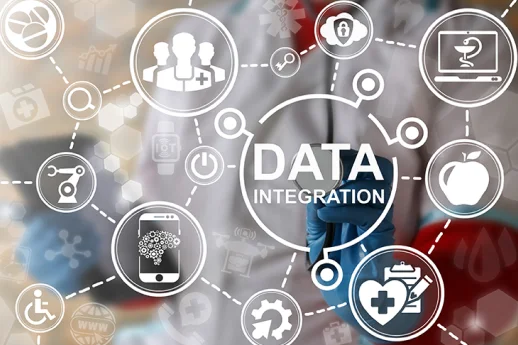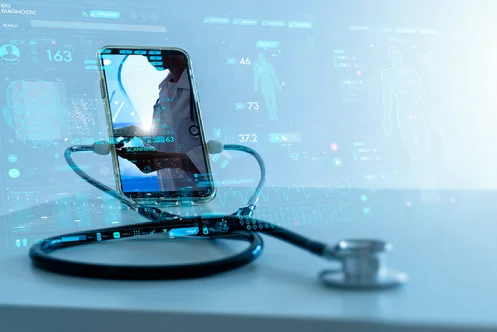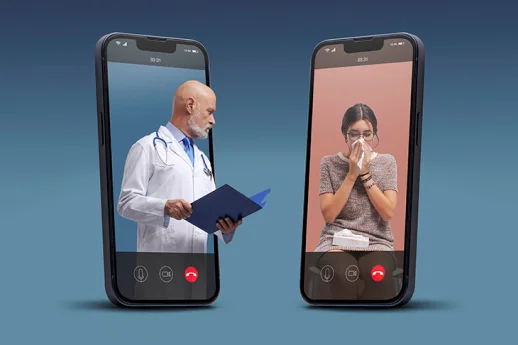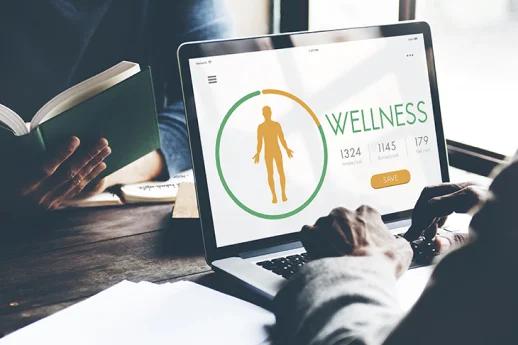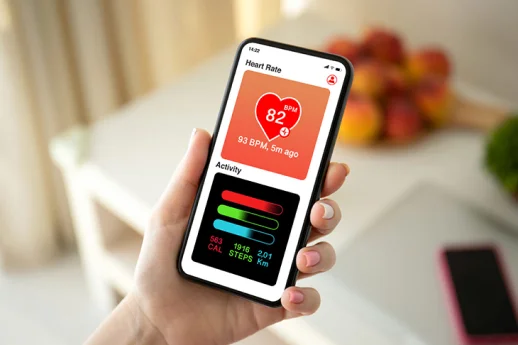HIPAA Compliant Software Development Services
We are committed to providing HIPAA-compliant software development services that prioritize security and privacy.
Our Valued Customers
Building an Asset with Healthcare Compliance
Healthcare data breaches have posed a significant threat to patient privacy and healthcare operations. HIPAA compliance is the cornerstone of protecting sensitive patient information. We ensure that with HIPAA-compliant software solutions. The process involves risk assessments, establishing clear policies, training employees thoroughly, employing robust technical measures, and maintaining regular reviews.
Services for HIPAA-Compliant Solutions
HIPAA Compliant Audit
We possess specialized expertise to identify vulnerabilities, assess risks, and implement robust safeguards to protect sensitive patient information.

HIPAA Compliant Infrastructure (Support and Security)
We provide robust safeguards for sensitive medical data, meeting stringent privacy and security standards. It employs encryption, access controls, and regular audits to protect patient information across digital platforms.

HIPAA Compliant Web App Development
We provide robust security measures to safeguard sensitive healthcare data, adhering to stringent HIPAA regulations for seamless and secure healthcare web apps.

HIPAA Compliant Mobile App Development
We ensure that healthcare applications adhere to stringent privacy and security regulations, safeguarding sensitive patient data on portable devices.
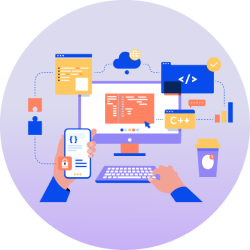
Benefits of Becoming HIPAA Compliant
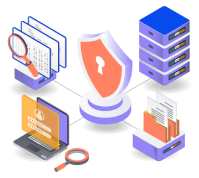
Shielding Patient Data
Folio3 Digital Health’s HIPAA-compliant software shields patient data from unauthorized access or loss. It ensures that healthcare providers can focus on providing exceptional care that transforms lives.
Learn moreShielding Patient Data
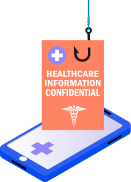
Minimizing the Risks of Legal Consequences
Data breaches in healthcare carry dire consequences for providers. Software that facilitates data losses could also face legal action. HIPAA compliance in software development minimizes such risks.
Learn moreMinimizing the Risks of Legal Consequences

Ensuring Stakeholders’ Confidence
Software for healthcare organizations handles sensitive patient data. HIPAA compliance in software development boosts trust among stakeholders.
Learn moreEnsuring Stakeholders’ Confidence
Case Studies
We helped healthcare providers and entrepreneurs to solve global health challenges. Learn more about how Folio3 Digital Health uses its clinical brains to deliver meaningful solutions to healthcare organizations, institutions, startups, and support networks.
Healthcare Development Tech Stack
We have state-of-the-art technologies to create healthcare solutions that effortlessly integrate with your existing infrastructure while staying ahead of industry trends.
HIPAA Compliant Software Development Process
01
01
02
02
03
03
04
04
05
05
Client Testimonials










Kudos to your team for outstanding work in the discovery phase! Your team understood our business and workflows by asking the right questions and extracting the most useful information. Your team's ownership and results-oriented approach are commendable.
Shaukat Zakaria
CEO at HealthQuest
I’d like to thank everyone for their extra work and making the first release possible before the actual date. I'm overjoyed to see the practical aspect of our application come to life today and hoping to build great products with Folio3.
Maker Athian
Founder at iVision
We've successfully completed the first MVP and I appreciate everyone's efforts especially for the identical parts of the apps and now we have a live product on AWS through your excellent work. Thank you !
Maker Athian
Founder at iVision
I appreciate your remarkable work during the recent Laboratory service phase. Your determination, analytical thinking, and continuous efforts were crucial in overcoming challenges and achieving success. I appreciate your help as we collaborate to create fantastic items.
Maker Athian
Founder at iVision

Working with the folio3 team has been a great experience. Your dedication, creativity, and adaptability in overcoming challenges for the Moodology app project are truly commendable.
Azhar Ali
Director At AiGenics


Team Folio3 brought my dream app to reality, they explained every step to our non technical team professionally. wireframe and design processes were outstanding & they built stunning and perfectly integrated application. I think both patients and clinic will be significantly benefited.
Elizabeth Miazga
MD FRCSC at Saint Michael's Medical Center

Our Latest
Healthcare Insights
Frequently Asked Questions
HIPAA, which stands for Health Insurance Portability and Accountability Act, is an act or law passed by the United States government to protect the confidential health information of all patients. HIPAA compliance is simply how to stay compliant with HIPAA. It involves abiding by the rules and regulations that hospitals, healthcare facilities, and healthcare software providers have to follow.
If we talk about the average cost of telehealth software, then it’s safe to say that the cost of telemedicine software is around $25000 if we are talking about a basic solution with no frills.
To be able to understand what is HIPAA compliance in healthcare, you have to understand what confidential patient health information (PHI) is, and what the implications of the leakage of such information can be. The Health Insurance Portability and Accountability Act simply protects all such confidential PHI and works in the interest of patients all over the United States.
The cost of HIPAA compliance depends on several factors. These include your organization’s size the kind of healthcare facility you own, and even the environment and culture your organization adopts. Overall, on average it should cost you from around $20000 to more than $50000, which is still just a fraction of what you may face as fines and fees in the case of a data breach and a resulting lawsuit. Private HIPAA compliance audit cost alone may be as low as $20000 to as high as $50000 or even more, depending on the size of your organization.
Periodic audits are conducted by the OCR (Office for Civil Rights) wing of the US Department of Health and Human Services (HHS).
The HIPAA audit protects the rights of patients and their confidential health information by carefully examining healthcare practices and protocols for any vulnerabilities or risks that may result in privacy breaches. They verify whether the healthcare organizations have adopted industry best practices and are working according to them. There is only one HIPAA program run by the OCR and it launched Phase 2 in 2016.
The HIPAA security rule states that all healthcare practices have to protect all electronically stored confidential patient health information (PHI or ePHI). They have to do this by using appropriate means to safeguard the integrity of this information including physical, technical, as well as administrative procedures and protocols. The HIPAA security rule is important because it ensures that every healthcare organization is doing its part to protect the patients and their confidential information by taking appropriate action.


